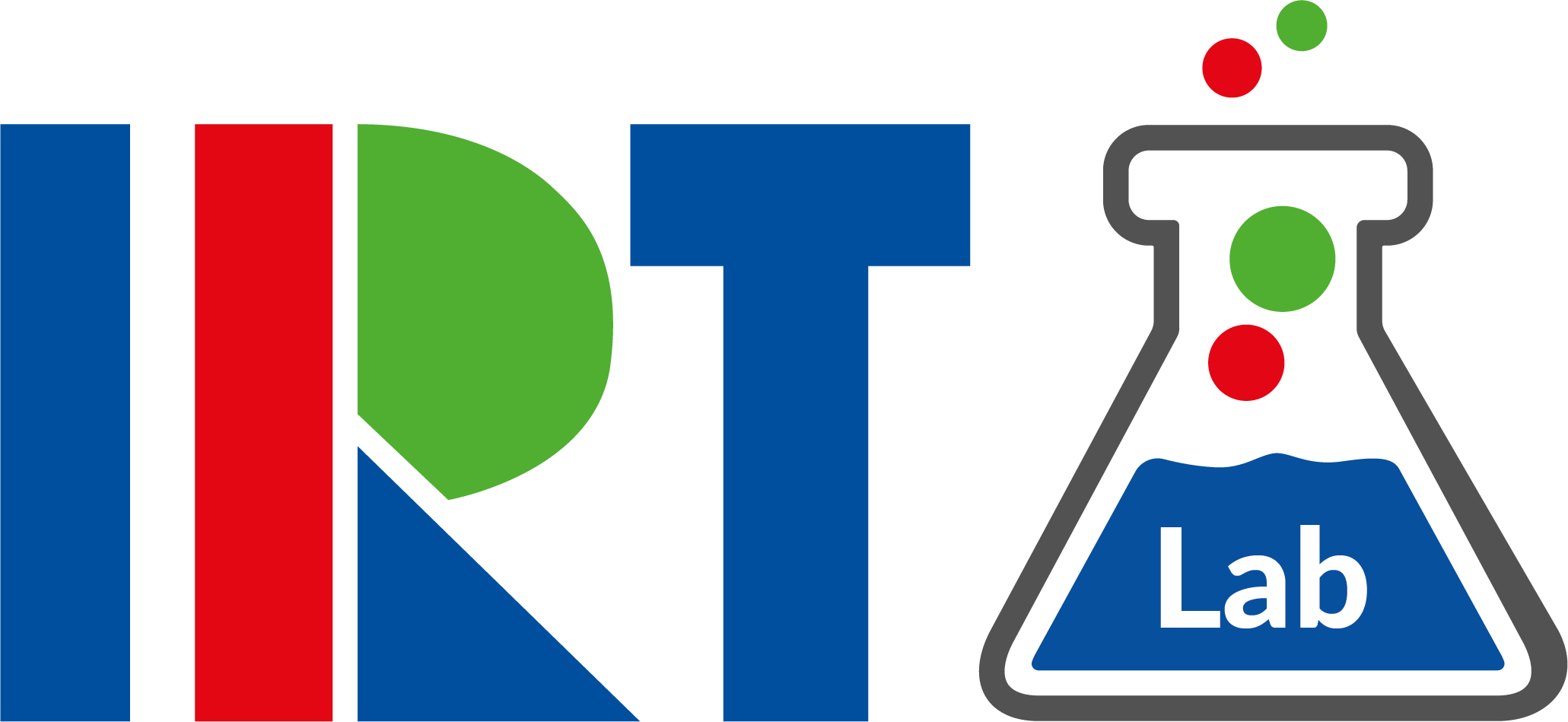As part of the MediaRoad networking activities led by IRT, project partners EBU and BBC produced a podcast series about the transformation of the media technology environment and what this means in terms of professional journeys: jobs, skills, recruitment, training etc.
In a series of experts’ interviews, the following question is addressed: which are the skills or combination of skills that technology professionals need for their media organisations to stay relevant and competitive in the global media market? These may be “hard skills” in IT-related technologies, “soft skills” like agility (the ability to scale up and down, succeed or fail fast) or transversality (the ability to work projects in a field where one is not an expert), as well as project-, change-, innovation- and people-management skills.
In the audio podcasts, the interviewees tell their own stories, share personal experiences and address the topics from a human and educational perspective. Their “lessons learned” may be relevant and interesting to many of our colleagues at management level – make sure to listen in!
For quick & easy access, we have embedded the 10 SkillBytes episodes below. Further information, and also the respective podcast transcripts can be found on the MediaRoad website.
Links to subscribe via your favorite podcast service: Anchor, Apple Podcasts, Breaker, Google Podcasts, Overcast, Pocket Casts, RadioPublic, and Spotify.
The SkillBytes episodes
Episode 1
In the first episode our guest is Léonard Bouchet – head of Data and Archives at the French-speaking Swiss broadcaster RTS. Léonard shares his experience of developing a new organisational structure within the Data and Archives team and explains what helps to drive rapid change inside RTS.
Episode 2
In the second episode we meet Judy King who is Innovation Director at BBC Monitoring. Judy heads up a small team bridging the gap between editorial and technology. She is now focusing on the challenge of combining automation and algorithms with the expertise and insight of BBC Monitoring’s multilingual journalists.
Episode 3
How does one of Europe’s smallest broadcasters maintain a technical edge with just a small team of busy engineers? Dr. Yioula Kyriacou, Head of Engineering for Cyprus Broadcasting Corporation (CyBC), leads a team of broadcast and IT engineers who deal daily with the merging boundaries between computer technology and broadcast infrastructure. How does she attract new talent and how has her own training in project management helped to drive technological change within CyBC?
Episode 4
How does a formal education in classical archaeology lead to a role as Head of Metadata at Bayerischer Rundfunk? In this episode, we meet Katharina Giesen, who has used training and certificates to help her to build a foundation in various technical areas and to allow her to speak the language of technical teams. We learn how she has positioned herself to act as an interpreter between technical and editorial departments.
Episode 5
In this episode we meet RTÉ’s Director of Transformation and Technology and acting Director of Operations and Production Services, Richard Waghorn. In Dublin, a city that hosts many global tech companies, how does Richard attract talent to the public service media organisation? We’ll learn how Richard has benefited from exposure to different areas of the broadcast industry and how he has developed his leadership skills as a CTO, despite his non-technical background.
Episode 6
As the broadcast industry embraces new technology, the traditional long-term career is disappearing. Is it right for employers to turn to graduates fresh from university, or should they look to re-skill and train existing staff? In this episode we hear from William Maunier, technical manager at France Télévisions and President of the Media, Entertainment and Arts sector of UNI Europa, the European services workers union in Europe. We also learn the importance of remaining curious, ready to embrace new technology.
Episode 7
Gregg Young, who works in the Innovation Department of Belgium’s Flemish-speaking public service broadcaster, VRT, talks about the importance of working in an agile environment, allowing him and his colleagues to explore ways of exploiting game engines and augmented reality. Gregg relates VR and AR developments to the early days of the film industry, pioneering new technology, to find novel ways of telling stories. Gregg also relates the recruitment of game developers at VRT to the first days of the Internet, when broadcasters were bringing in coders and web designers.
Episode 8
The transition to IP workflows is allowing public service broadcasters to find efficiencies in delivering better content. In this episode we meet Hugo Ortiz, who is an IP Broadcast Coach at RTBF in Belgium. Hugo believes that broadcasters need to relinquish their current “crush” on hardware: software-defined workflows and virtualisation have created new roles for IP and IT specialists, but Hugo insists that there is still an important place for engineers that understand the pressures of a live production environment.
Episode 9
In this episode we meet Renaud Schoonbroodt, co-founder of media technology start-up, On-Hertz. Renaud and his business partner have created a software tool that allows radio presenters and engineers to escape the confines of the studio and to operate from just a tablet.
Episode 10
Technical and editorial staff working on the frontline of news operations need to be able to react quickly to rapidly changing scenarios – often pushing themselves and their equipment to the limit in order to deliver reliable, high-quality coverage. Rasha Hasbini, the lead on news partnerships and services for Eurovision News Events at EBU, helps EBU members realise the possibilities of IP and software workflows. In this episode Rasha explains that change is now a constant in the broadcast world and that curiosity is the most transportable skill.
 This
project has received funding from the European Union’s Horizon 2020 research
and innovation programme under grant agreement No 761412.
This
project has received funding from the European Union’s Horizon 2020 research
and innovation programme under grant agreement No 761412.

